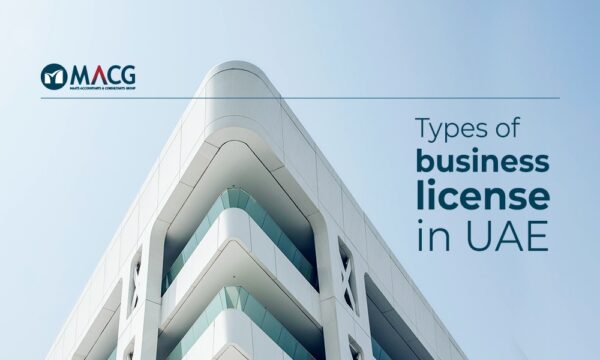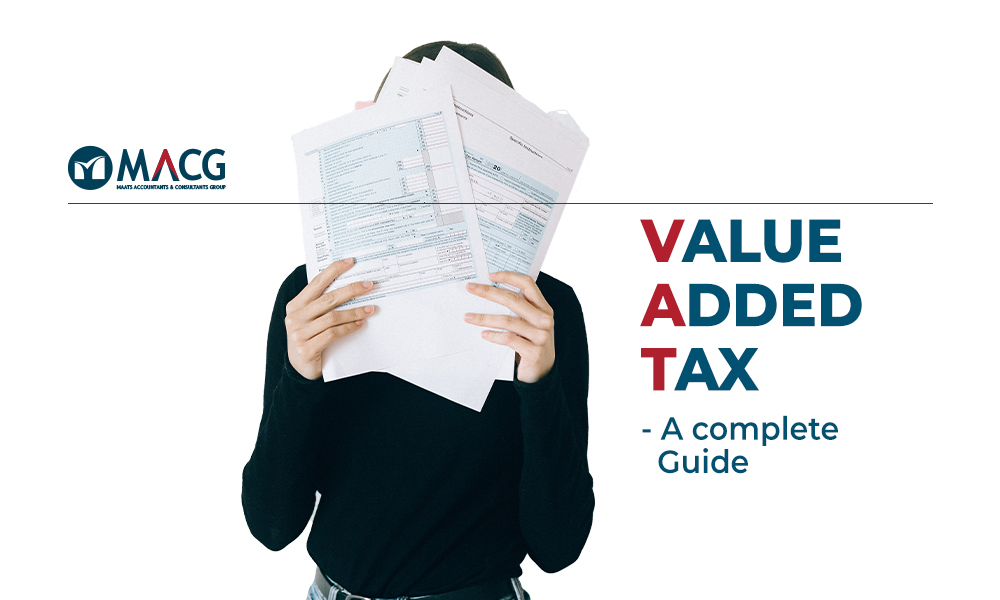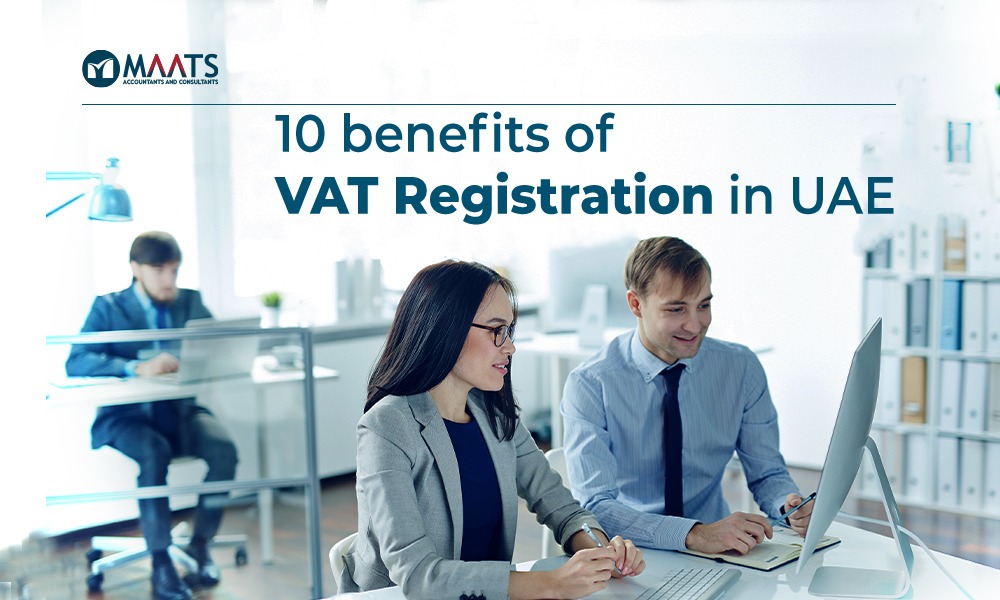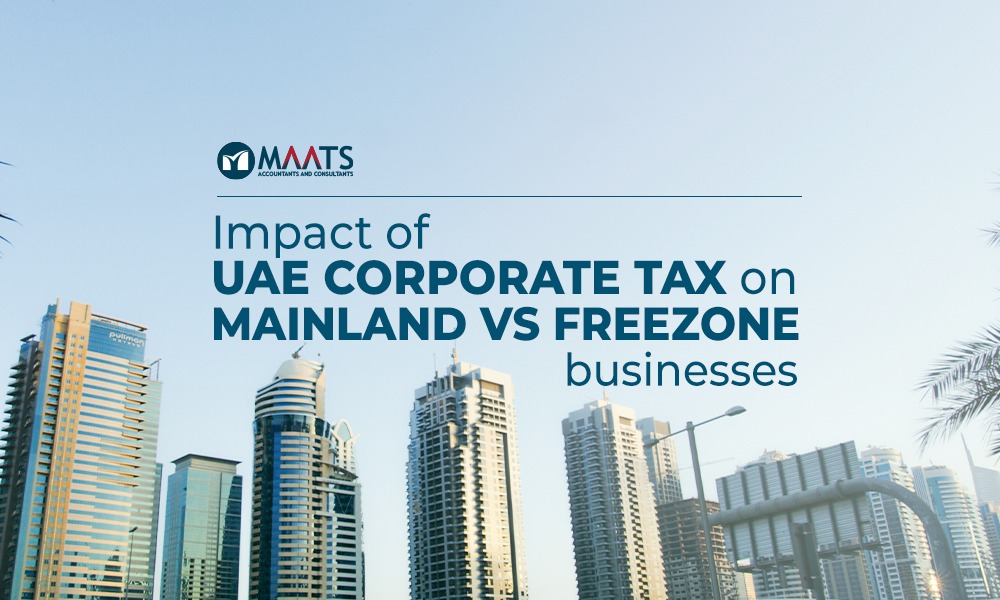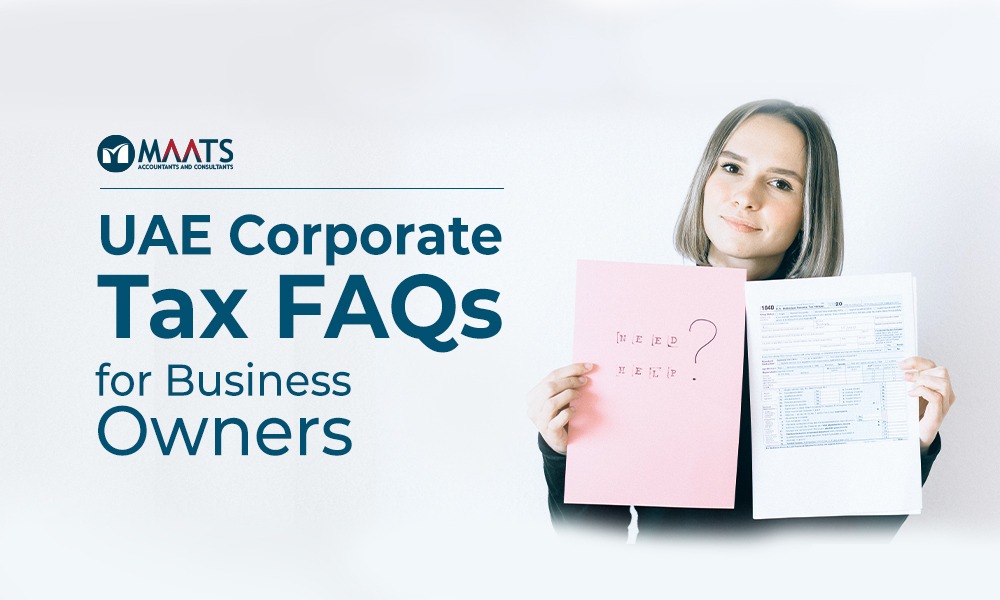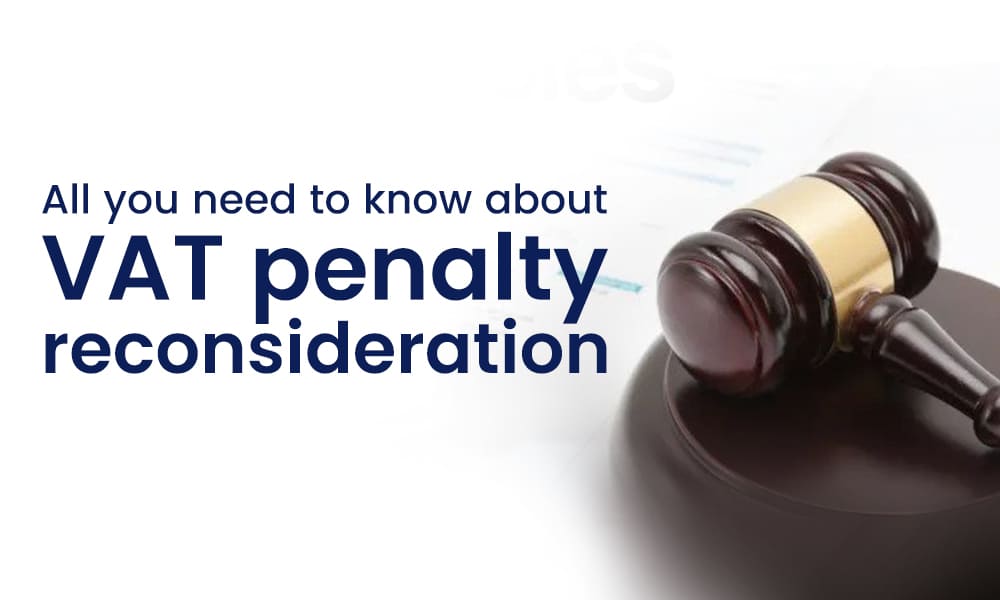Types of Business Licenses in UAE
Business Licenses in Dubai Dubai has been a global business hub for years allowing every category of business to establish and flourish. Business setup in UAE is a convenient and straightforward process and does not take a long time to complete. A crucial step to Business setup in UAE is choosing a business activity and obtaining a business license to start operations. Any company of any category requires a business license to operate in UAE. The requirements to obtain a license are different for various businesses depending on their category. Some major types of business licenses available in Dubai are: Commercial license Professional license Industrial license Commercial License The UAE government issues a commercial license to individuals/companies involved in buying and selling goods. A commercial license allows you to conduct trading activities inside and outside UAE. Depending on the specific business activity, there are different types of commercial licenses. To conduct such trading activities in UAE Mainland, Offshore or Free zones, one has to obtain a commercial trading license. Major activities that come under to get Commercial Licenses for Business setup in UAE are: Import and export activities Sale of electronic products Supply of brokerage services Real estate-related services Sale of construction materials Steps To Obtain a Commercial License Investors have to meet certain conditions to acquire a commercial business license for business setup in UAE. The investor must determine the type of business activities, primary form of operations and also the location to start the company. You can get it by following the steps: Select a business form and activities that correspond to the commercial license’s requirements Prepare the company’s Memorandum and Articles of Association, enlisting the tasks to be done Obtain a VAT number and register the company Make payments associated with business registration and issuance of commercial license Professional License A professional license is issued to individuals/corporations to conduct services of any kind. It is provided for business activities such as consulting, auditing and accounting, design, tourism advice, study, and other professional services based on ability or talent. Activities that come under professional license are: Artisanship Carpentry Consultancy services Medical services Printing and publishing Beauty salons Computer graphic design service Repair services Security services Document clearing, etc Inventive engineering Steps To Obtain a Professional License Make a clear description of the activities undertaken with a professional business license Appoint a local service agent to carry out all the legal formalities to obtain a professional license Get initial approval from the DED for the appointment Reserve a name for your business, make the payments and then submit all the required documents to the DED for approval Industrial License An industrial license is granted for commercial activities of industrial nature such as manufacturing or refining petrochemicals. The industrial trade license in the UAE. To have an industrial license, the business requires to have a physical warehouse inside the nation. An industrial license is granted by the Department of Economic Development (DED) Dubai. Industries that fall under the category are: Bread manufacturing and food industries Textile manufacturing The casting of metals industries Equipment and engine manufacturing Manufacture of petroleum products Paper manufacturing How To Obtain an Industrial License Get initial approvals before opening a factory or making any changes to an existing factory Apply for an industrial license to the Department of Economic Development Get consent from Municipality to construct the factory Get license approvals from authorities including the Chamber of Commerce and Industry, industrial register, Ministry of Health etc. Submit the necessary documents as required by the authorities You will get an approval or disapproval within a week or two


